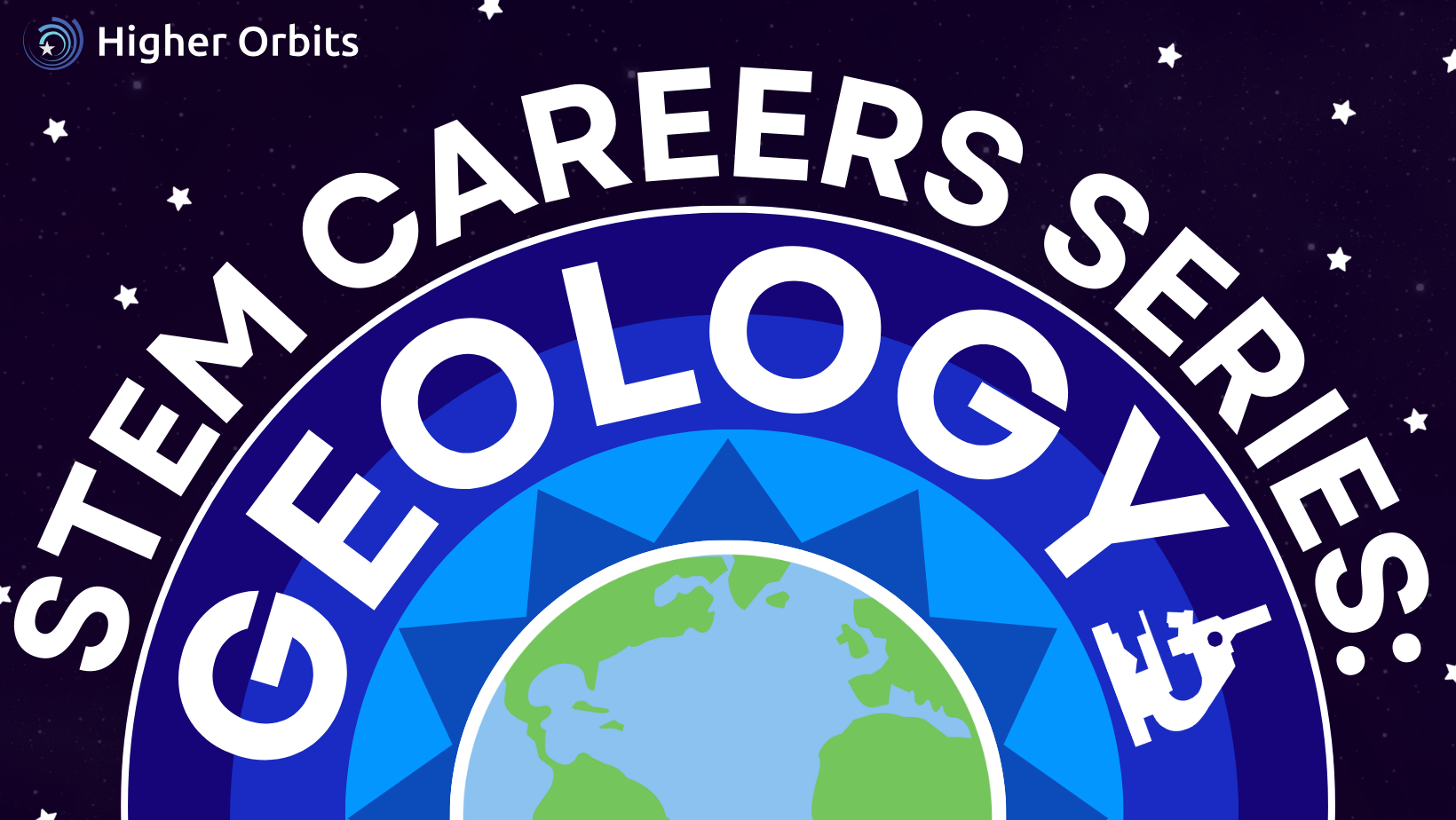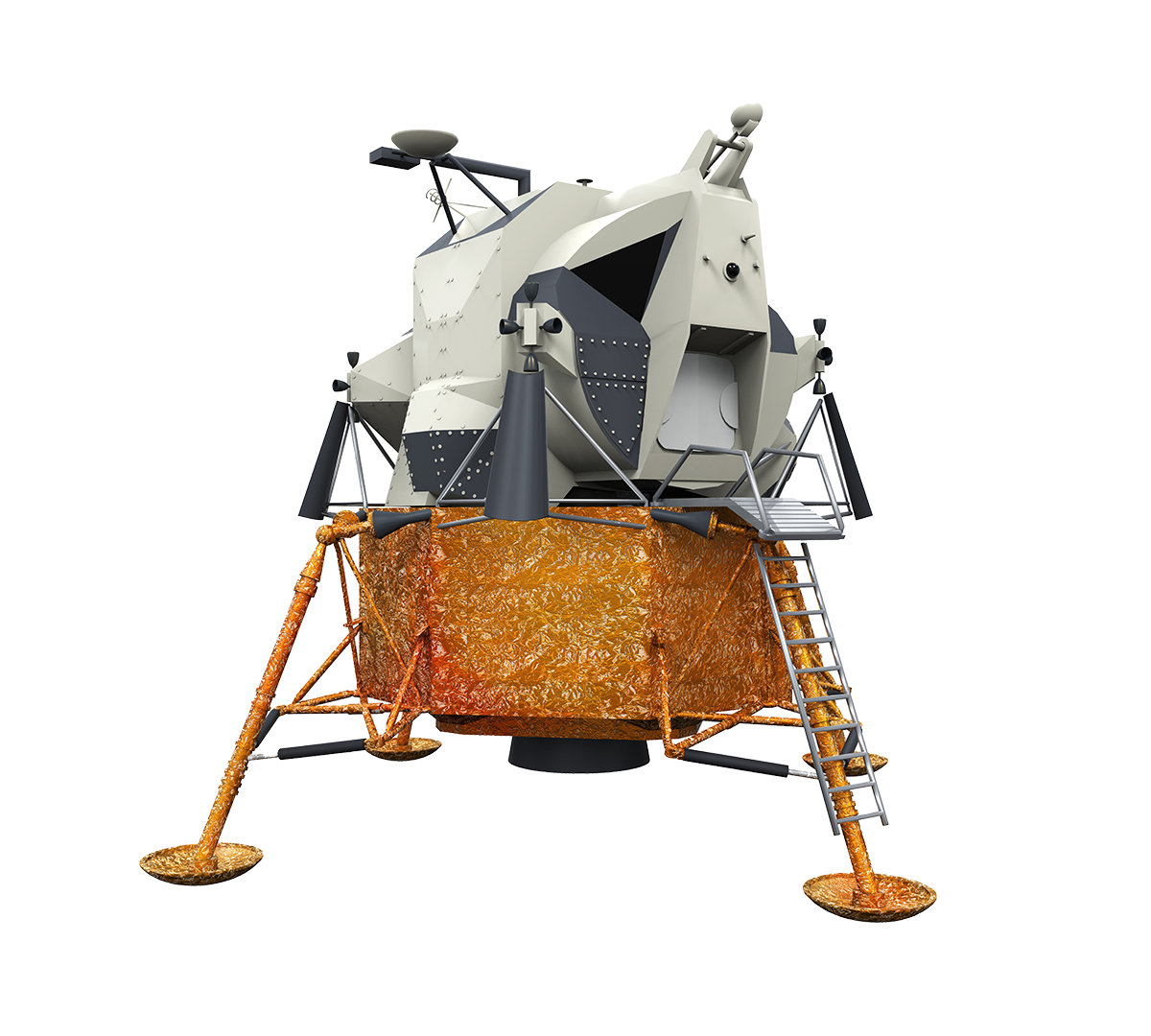Introduction
Geological research serves as the foundation for numerous scientific efforts essential for understanding our planet's past, present, and future. By examining the Earth's materials, structures, processes, and history, Geologists play an essential part in diverse fields such as climate change analysis, natural resource exploration, hazard mitigation, environmental conservation, and even space exploration.
Geology Beyond the Globe
When thinking about the skills that Astronauts need to learn to prepare for their missions to space, Geology may not be the first study that comes to mind. However, Geology plays a fundamental role in space exploration by providing a crucial framework for understanding planetary bodies beyond Earth. Using structures as a guide, Geologists are able to use their knowledge to make predictions and come to conclusions about the geographical history of other celestial bodies. Geology has also become an essential study for Astronauts, and candidates are required to learn the skills of a geological observer as part of their training. This science is so crucial to future mission successes, that Geologists themselves have been trained as Astronauts to participate in space missions. Three of these Astronaut-Geologists are Harrison Schmitt, James Reilly, and Jessica Watkins.
Harrison Schmitt is a veteran Astronaut and Geologist who participated in the Apollo 17 mission to the moon in 1972. He started his career in Geology at California Institute of Technology where he earned his bachelor’s in Geology. He pursued research at the University of Norway in Oslo after graduating, and after completing his field studies earned his doctorate of Geology from Harvard University. Before being assigned as an active Astronaut, Schmitt worked at the U.S. Geological Survey's Astrogeology Center in a team of scientist-astronauts where he helped strategize field techniques that would optimize the groundwork for the upcoming Apollo missions. Schmitt was assigned to the backup crew of Apollo 15 and later got his chance to work on the moon in the mission Apollo 17. On this mission, Astronaut Schmitt collected important geological samples from the moon’s that would become some of the most influential samples for making predictions about the moon’s topographical history. Total, Astronaut Harrison Schmitt spent over 12 days in space.
James Reilly is a veteran Astronaut and Geologist who completed three missions to space, STS-89, STS-104, and STS-117. He pursued his Bachelor of science degree in Geosciences from University of Texas-Dallas and went on to earn his master’s and doctorate degrees in the same field. His impressive work in geology put him in position to do work for the US Navy in deep water imaging and engineering where he recorded over 22 days in underwater submersibles doing active research and mapping. Later, he was accepted as an Astronaut Candidate and after training and gaining experience was assigned to the Astronaut Office as the leader in charge of Shuttle training. His missions took him to space stations Mir and the International Space Station. James Reilly is one of our out-of-this world Higher Orbits Astronauts!
Jessica Watkins is a veteran Astronaut and Geologist who participated in the Space X Crew-4 Expedition 67/68. She spent her undergraduate education at Standford University where she earned her Bachelor of Science in Geological and Environmental Sciences. During her time at Standford, Watkins contributed at the Ames Research Center with the prototyping process for the Mars drill testing and the Pheonix lander. She then earned her doctorate in Geology from the University of California, Los Angeles. During her graduate studies, Watkins worked at Jet Propulsion Laboratory surveying near-Earth asteroids. She was selected for the Astronaut program in 2017 and was assigned to the Artemis team in 2020. Astronaut Watkins participated in the Space X Crew-4 mission in preparation for the new lunar landing. Total, Astronaut Jessica Watkins spent over 170 days in space.
Geology Careers
To become a professional Geologist, the journey begins in undergraduate study. Appropriate completion in undergraduate study opens the opportunity to pass the required exams for official Geologist licensing distributed by the National Association of State Boards of Geology (ASBOG). There are multiple exams that are required for professional practice, with some granting status at the national level and others granting state-specific licensing. After being fully licensed the career opportunities stretch across all fields of STEM.
Conclusion
As we dig deeper into the captivating world of Geology, it's crystal clear that this field is an adventure waiting to happen! Geology isn't just about studying rocks; it's about unearthing the intricate details of our planet's history and paving the way for groundbreaking scientific discoveries. Astronaut Geologists like Harrison Schmitt, James Reilly, and Jessica Watkins have laid the groundwork for future Geologists to go to space and beyond! So, to all the budding rock enthusiasts out there, strap on your Geologist cap, grab your magnifying glasses, and get ready to embark on an exhilarating journey filled with excitement, mystery, and endless possibilities. Remember, the Earth is your playground—let's explore it through the remarkable lens of Geology!

